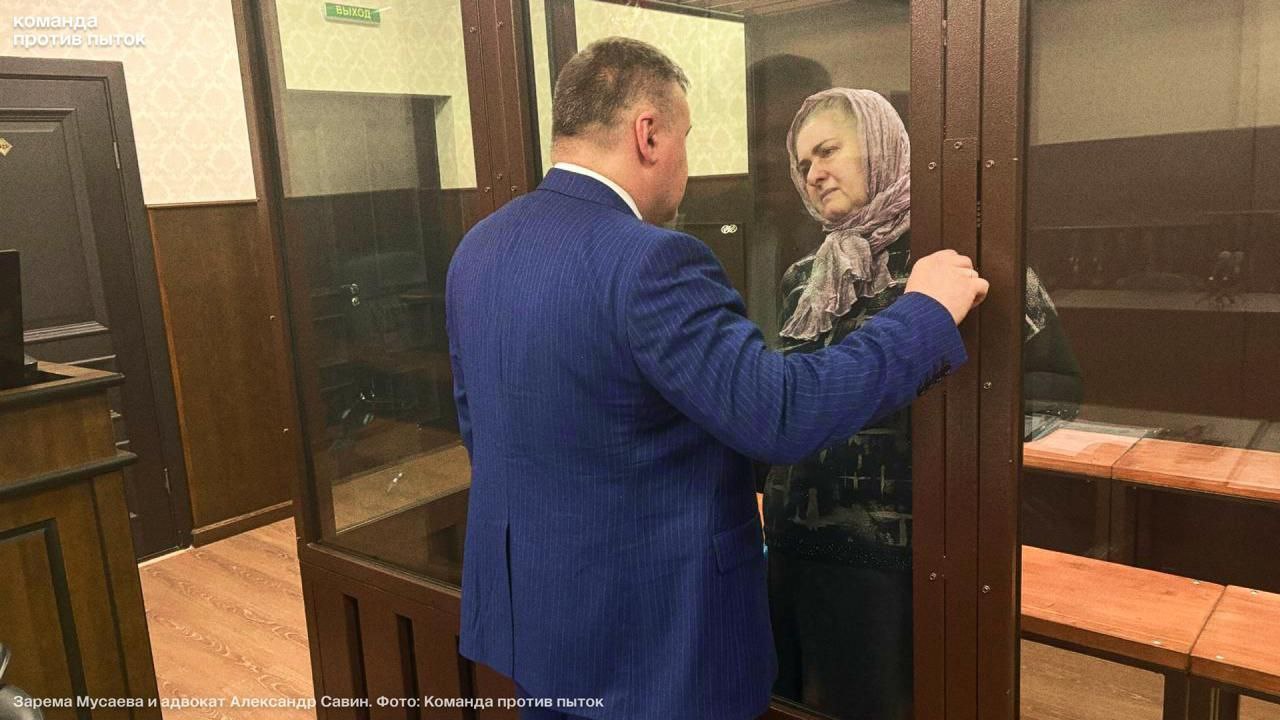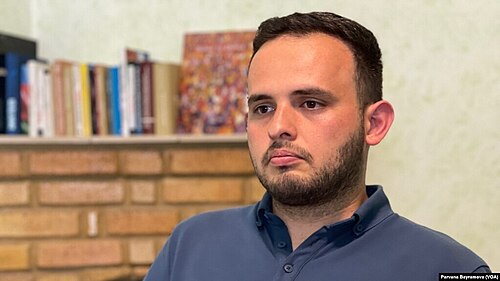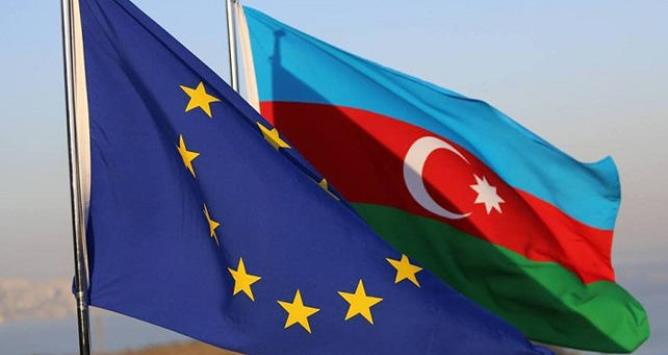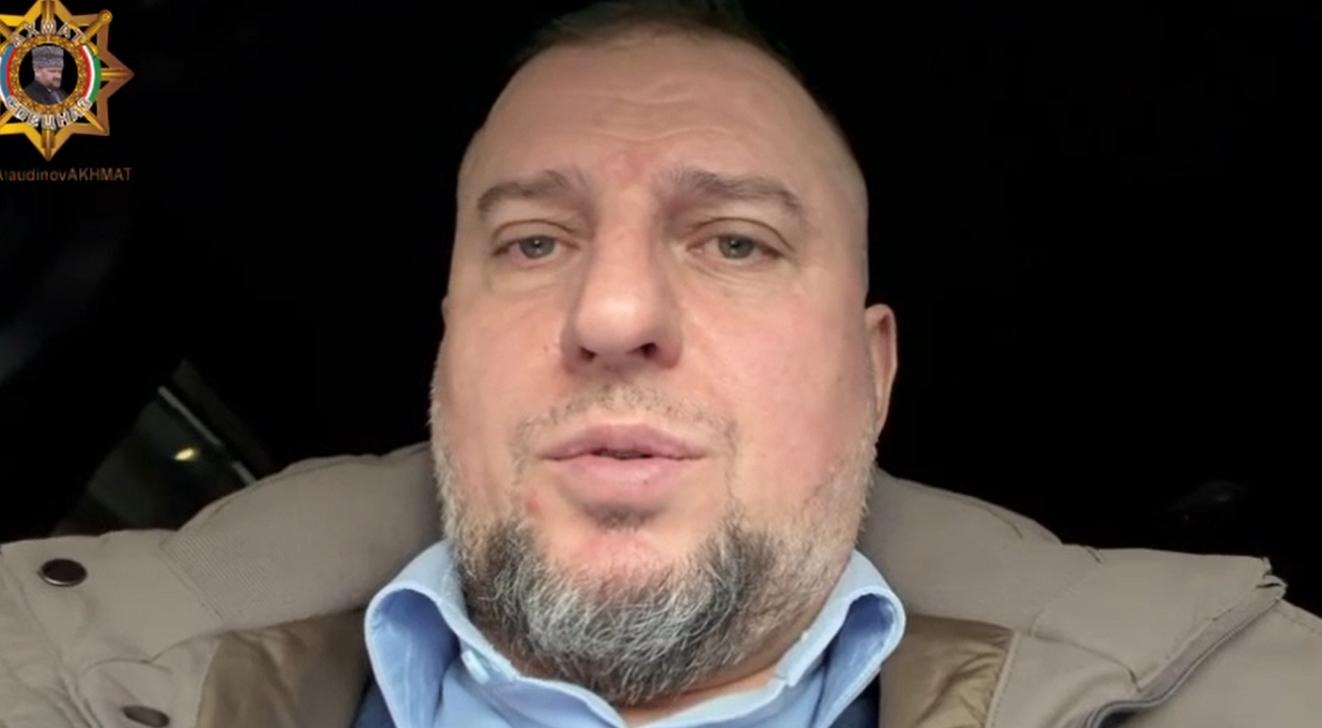Following a ruling by the Supreme Court of the Republic to review the case, the Shali City Court of Chechnya reduced the prison sentence of Zarema Musayeva, the mother of opposition activists, from four years to three years and 10 months. In her final statement, as in all previous hearings, she denied guilt in attacking an FSIN officer, the Team Against Torture reported.
On August 25, the Russian Ministry of Justice added Martin Kochesoko (Kochesokov), a Circassian activist and founder of the public organization "Khabze", to the register of foreign agents. The Memorial Human Rights Center recognized him as a person persecuted for political reasons. Kochesoko currently lives in Turkey.
The Russian Ministry of Justice considered Kochesoko a "foreign agent" because he "participated in the dissemination of messages and materials of foreign agents to an unlimited number of people, made calls for actions, the results of which could lead to a violation of the territorial integrity of the Russian Federation." Along with him, journalists Vitaly Dymarsky and Konstantin Eggert, political scientist Kirill Rogov, blogger Alexander Shtefanov, economist Mikhail Krutikhin, as well as the German organization MRR-Fund gemeinnützige UG, created by human rights activist Olga Romanova and implementing the My Russian Rights project, and the online publication Dovod were declared "foreign agents". 35-year-old graduate student of the Kabardino-Balkarian Institute of Humanitarian Research, co-chairman of the Democratic Congress of the Peoples of Russia Martin Kochesoko from Nalchik was detained on June 7, 2019, allegedly for storing 268 grams of marijuana. As he later told the court, the security forces stopped his car when he was driving back from fishing, forced him face down on the asphalt, planted drugs in the car and in his pocket, and then called in witnesses who, as it turned out later, were drug addicts who had previously been prosecuted for drug trafficking and as witnesses - as persons with an "active civic position." Under the threat of reprisals against him and his relatives, Martin gave a confession, which he later retracted. On March 2, 2021, he was sentenced to 3 years of suspended imprisonment under Article 228 of the Criminal Code of the Russian Federation ("Illegal acquisition and storage of drugs in large quantities").
"Memorial" believes that the criminal case against him was fabricated, and the real reason for the persecution was his speeches criticizing the national policies of the federal and local authorities. Thus, in April 2019, Martin Kochesoko spoke out against the ban on the motor rally on the Day of the Circassian Flag in Nalchik, criticized the attitude of the Russian authorities towards Circassian repatriates. On May 16, 2019, Kochesoko, activists of "Khabze" and participants of the Democratic Congress of the Peoples of Russia from other subjects of the Russian Federation held an interregional round table in Nalchik on the problems of federalism in Russia. In particular, there was sharp criticism of the amendments to the law "On Education", due to which the hours for teaching native languages in schools are being reduced. A video from this round table was used during a meeting of the Democratic Congress of the Peoples of Russia, which was held in Moscow on May 24-25.
Soon after, articles appeared in local pro-government media that Martin Kochesokov was a US agent and was into drugs.
On May 19, 2019, the deputy head of the Baksan district administration Andzor Akhobekov came to Martin's parents. The official, “on orders from above,” advised them to “suspend all of their son’s actions, otherwise he could be imprisoned for 15 years, or he could disappear.” Martin Kochesoko wrote about this visit in his article “The Way Out of the Federalism Crisis – ‘Grassroots’ Activity” on May 29, 2019, on the website of the Khabze organization, adding: “I operate within the legal framework, I advocate for compliance with the law, the Constitution. I am not hiding from anyone, I am always in sight.” Obviously, it was this activity that led to the criminal case, which the police themselves did not hide. When, during the trial, the prosecutor asked the operative of the Center for Combating Extremism, who carried out the arrest, why the report about Kochesokov’s drugs was sent to the Center for Combating Extremism, he replied: “Because he was involved in public activities.” At another hearing, Judge Dzhabrail Kudaberdokov asked another operative what drugs had to do with the Center for Extremism, and he explained: “This happens when a suspect is under investigation and additional information is received about him.” The “drug” article is not the first time it has been used against public activists in the North Caucasus. In 2014, Chechen activist Ruslan Kutayev was sentenced to four years in prison for drug possession. In 2016, the court sentenced Chechen journalist Zhalaudi Geriev to three years in prison under the same article. In 2019, the head of the Chechen branch of the Memorial human rights center, Oyub Titiev, received four years in a penal colony. All of them claimed that the evidence against them was falsified.



